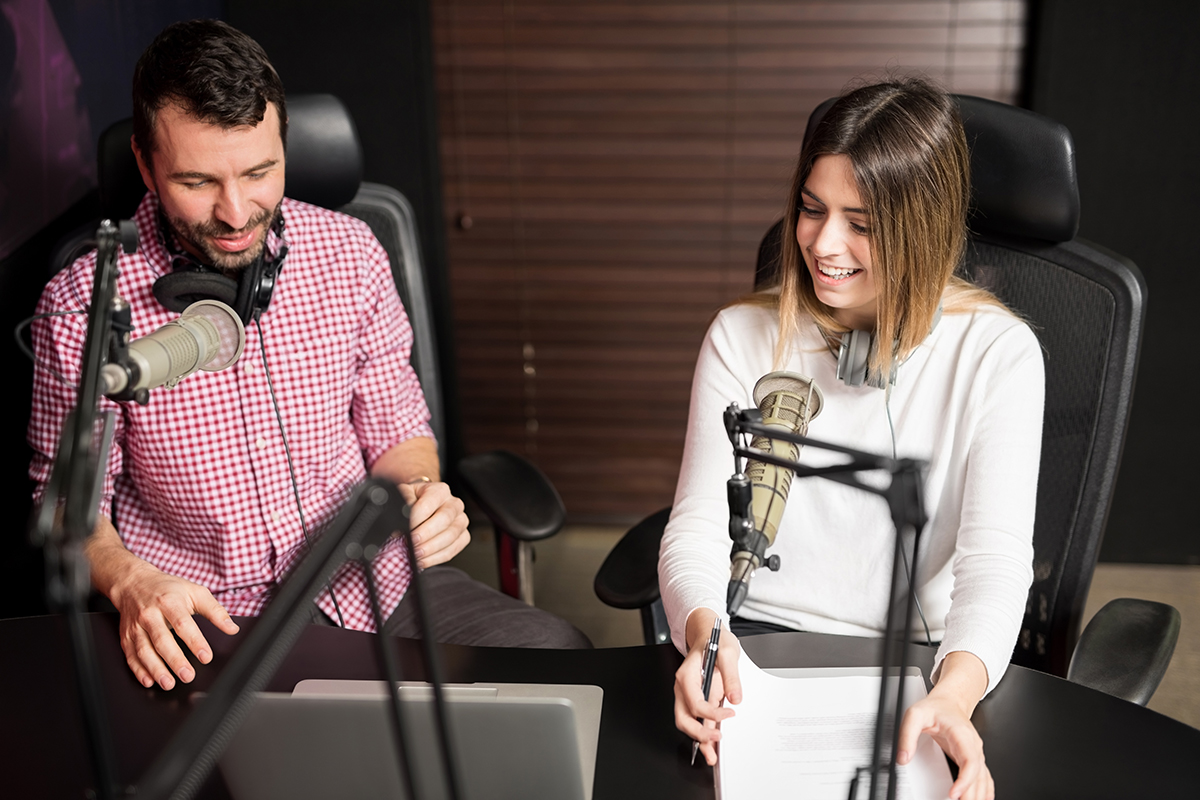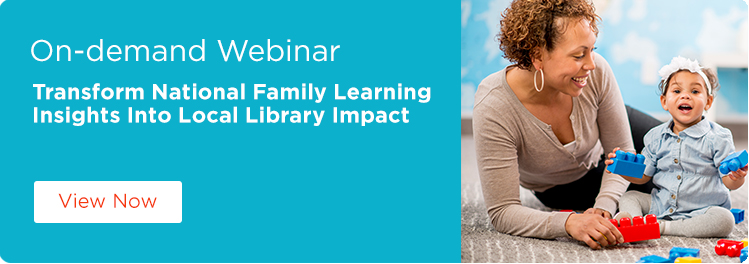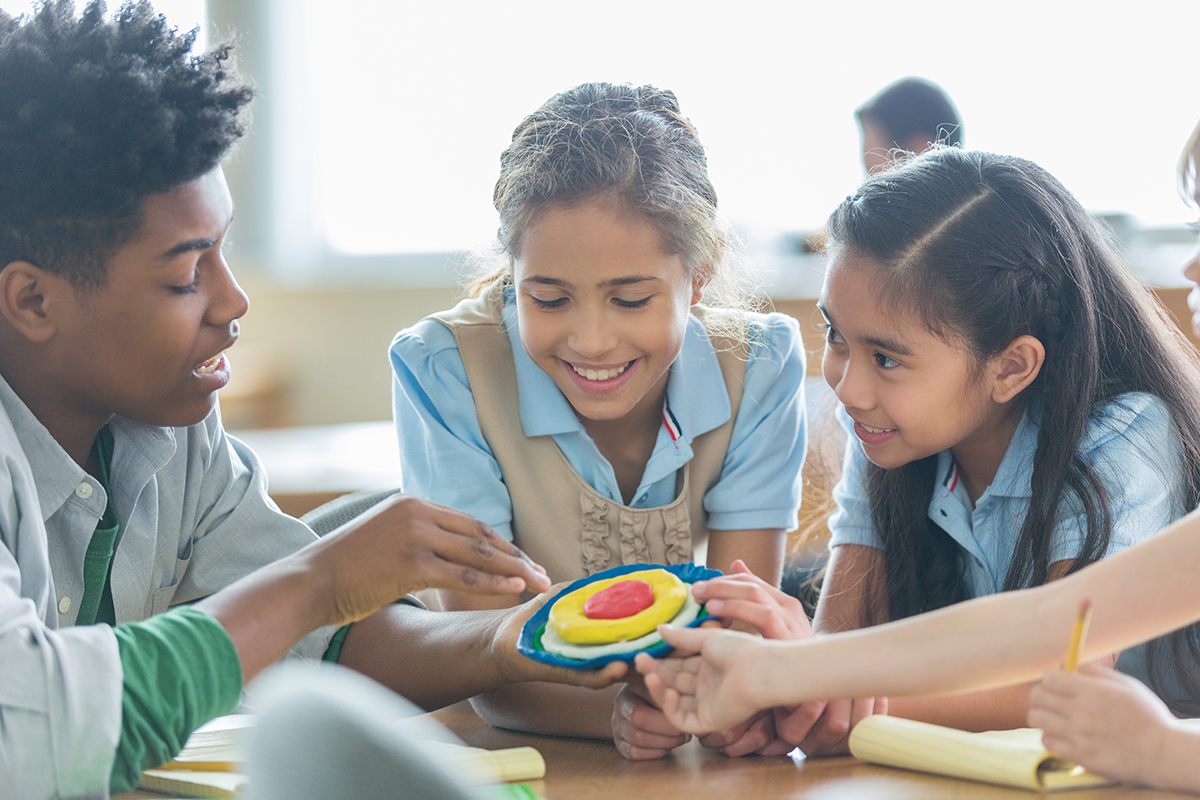
Harnessing Traditional Media to Promote Your Summer Reading Program
When it comes to promoting your summer reading program, it might seem like posting on social media is the best way to reach all of your patrons. But traditional media, such as newspaper and radio, is still the best way to connect with many members of your community who either don’t use social media or don’t have immediate access to it. What’s more, traditional media outlets are often looking for ways to connect with the community, which makes them more than happy to work with you to promote your summer reading program.
The key to advertising with traditional media is forming relationships. There’s no time like the present to start reaching out and introducing yourself to writers, reporters, radio hosts and others who already have the public’s attention and can direct it toward your program.
Tips for Making the Most of Traditional Media
- Consistency is key. Use the same aesthetic and messaging across all platforms. This will reinforce the goals of your reading program and make your promotions recognizable.
- Be persistent. Reach out to local newspaper editors and radio hosts personally — call and email them, and even stop by their offices if possible. Persist until you get a response.
- Don’t limit yourself. Newspaper and radio are not the only ways to get the attention of those not on social media. Keep an eye out for places in your community where you could put up a poster or flyer to advertise your program. For instance, does your local coffee shop or YMCA have a bulletin board for sharing upcoming community events?
- Be creative. Try hosting a “pop-up” library at the local pool or park. Offering books for people to borrow as they enjoy the outdoors is a tangible reminder of the value of your library. Tuck a flyer that promotes your reading program in each book you lend — and in books and other materials that are on hold at the library.
Advertisement Checklist
You don’t have to be a marketing whiz to design an advertisement that will capture community members’ attention and motivate them to take action. Even if you don’t have any graphic design experience, online tools like Canva can help you whip up stunning pieces to promote your program. And this short checklist will help you ensure that your ad messaging helps you meet your registration goals.
- Make it clear that the ad belongs to your library. Include your logo so viewers know that your library is behind this exciting event.
- Include only one call to action. To motivate readers to act, ask them to take just one action — registering for your program.
- Make it easy for readers to take that action. A short URL is best. If your landing page URL is too long, use a link shortener like Bitly to make it easier to type into a browser. This is especially important if your ad is in print.
- Emphasize why readers would want to participate. Give readers a sneak peek at your most valuable prizes, and emphasize the smallest level of activity necessary to earn a prize.
- Include details about timing. Create a sense of urgency to motivate people to sign up. Use FOMO (fear of missing out) to your advantage!
- Keep your messaging and visual aesthetic consistent among your marketing materials. If readers recognize your marketing materials with just a quick glance, they’re more likely to remember to register.
Sample Press Release
Press releases make it easy for journalists to cover your story. They package up all of the information about your library with an angle that appeals to readers. There are a few things to keep in mind when writing a press release:
- Keep your audience in mind as you write the title. Is your headline something that will make them want to read through the whole piece? Write your headline last, if necessary, to glean the highlight of your message.
- The first paragraph, and really the whole press release, should be short, sweet and to the point. Aim for 300–500 words total.
- Use your release as a chance to reach out to community leaders or local celebrities. They’ll love having their name tied to such a great community-building initiative, and you might just create a new library advocate along the way.
- Use this as an opportunity to mention a few of your other services, too.
- Be sure to include details about what action readers need to take to get in on the fun. Mentioning incentives — and how easy it is to earn prizes — helps, too!
Here’s a sample press release to inspire your own release:
ABC Library Challenges Community to Read 1M Books in Summer 2019
Community Members Stand to Earn Fine Forgiveness if Goal Is Met by August 1
City, State (Date of Release) — ABC Library today issued a challenge to members of ABC community, inviting all library card holders to spend their leisure time this summer reading books in exchange for fine forgiveness. The library has set a community reading goal of 1M books by August 1. If that goal is met, all community members who participated in the library’s summer reading program will have their overdue fines forgiven.
“ABC is a community of avid readers, so I know we can meet, if not exceed, the library’s goal!” shared Mayor Name, Mayor of ABC. “I’m looking forward to giving my screens a break this summer so I can do my part to contribute to the 1M books read.”
“Our shelves are stocked with the latest best-sellers and classics in both print and digital formats, and our librarians can’t wait to provide recommendations to community members looking for their next read — and to award them prizes when they meet their reading goals,” explained Librarian Name, Title at ABC Library.
ABC community members can register for the summer reading program today at [SHORT URL]. In addition to earning fine forgiveness if the 1M book goal is met, readers can earn a range of valuable prizes, from [PRIZE EXAMPLE] to [PRIZE EXAMPLE], for every [XX] books read or [XX] minutes read and tracked. For more information, please visit [LIBRARY URL].
For more helpful hints on getting the word out about your reading program, check out the posts “Tips for Marketing Your Summer Reading Program on Your Website and via Email” and “6 Tips for Using Social Media to Promote Your Summer Reading Program.”




